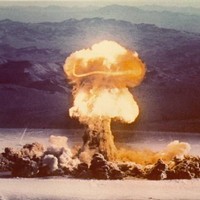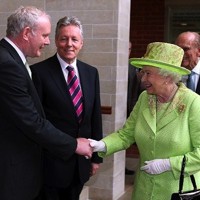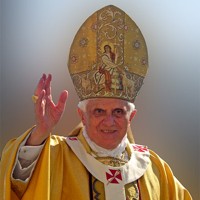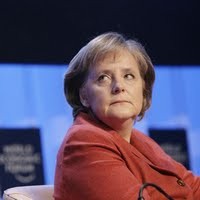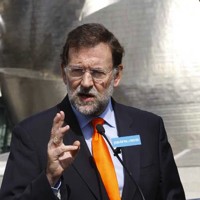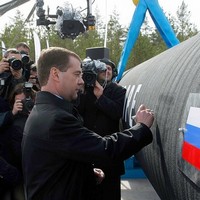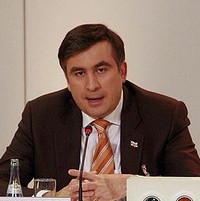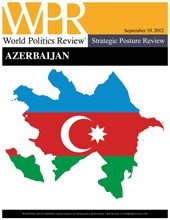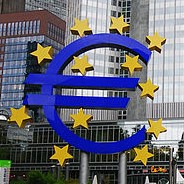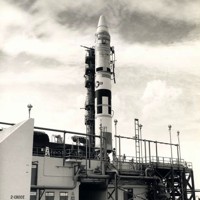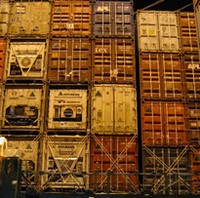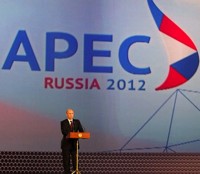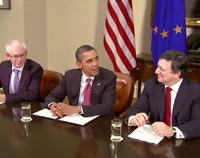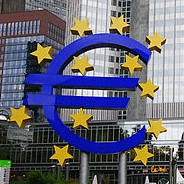
Protests erupted across Spain and Greece this week, with demonstrators in both of the debt-hobbled countries expressing their growing displeasure with austerity reforms. The unrest comes just weeks after the European Central Bank announced that it would act as lender of last resort to eurozone nations facing rising borrowing costs, easing fears of sovereign defaults and calming financial markets. But now, with economic growth at a standstill and increasing numbers of Spaniards and Greeks facing impoverishment, the question has become whether these countries can survive the austerity cure, and if so, what it will take. “Much has been made of […]

